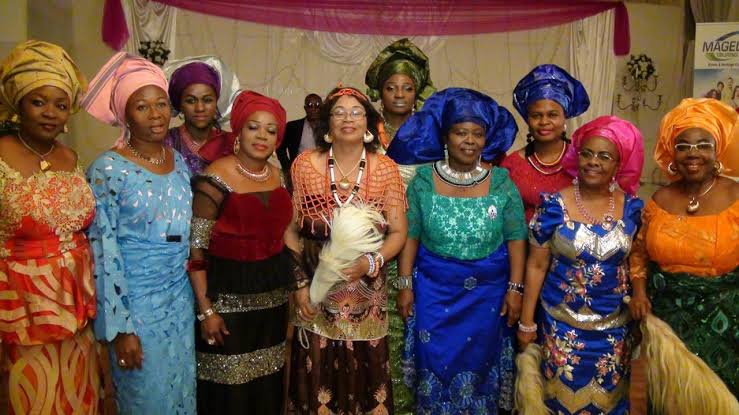A landmark Supreme Court judgement has reset the age old inheritance laws in Igbo land by giving women of Igbo origin and culture, the right to inherit properties from their Fathers.
According to the Supreme Court, the tradition which has been practiced from time immemorial in Igbo land, is discriminatory against the girl child and is in direct conflict with provisions of the 1999 Constitution.
The Judgement was delivered on a case filed by Mrs. Lois Chituru Ukeje, widow of Lazarus Ogbonna Ukeje, and her son Enyinnaya Lazarus Ukeje against Ms. Gladys Ada Ukeje, the daughter of the deceased.
Gladys had taken the wife of the deceased and her son before a Lagos High Court, seeking to be included among the administration of the estate of the deceased who died in 1981 on the grounds that she was his daughter. The trial Judge ruled in favour of the plaintiff, saying she was eligible to partake in the estate of her father despite being a woman.
See Also: “Science Has Been Mixed With Politics” – Nigerian Gov’t Backs Trump’s Claim On Coronavirus
Not satisfied, Mrs. Ukeje appealed the Judgement before the Appeal Court which also upheld it before going before the Supreme Court.
In its judgement, the Supreme Court affirmed the decision of the Court of Appeal, saying it was right in disregarding the Igbo native law and custom on inheritance that excludes female children from inheriting their father’s property.
Reading the lead judgement, Justice Bode Rhodes-Vivour said; “No matter the circumstances of the birth of a female child, such a child is entitled to an inheritance from her late father’s estate. Consequently, the Igbo customary law, which disentitles a female child from partaking in the sharing of her deceased father’s estate is breach of Section 42(1) and (2) of the Constitution, a fundamental rights provision guaranteed to every Nigerian.
“The said discriminatory customary law is void as it conflicts with Section 42(1) and (2) of the Constitution. In the light of all that I have been saying, the appeal is dismissed. In the spirit of reconciliation, parties are to bear their own costs.”
The other Justices on the case, Justice Walter Samuel Nkanu Onnonghen, Justice Clara Bata Ogunbiyi, Justice Kumai Bayang Aka’ahs and Justice John Inyang Okoro all agreed with the lead judgement.

